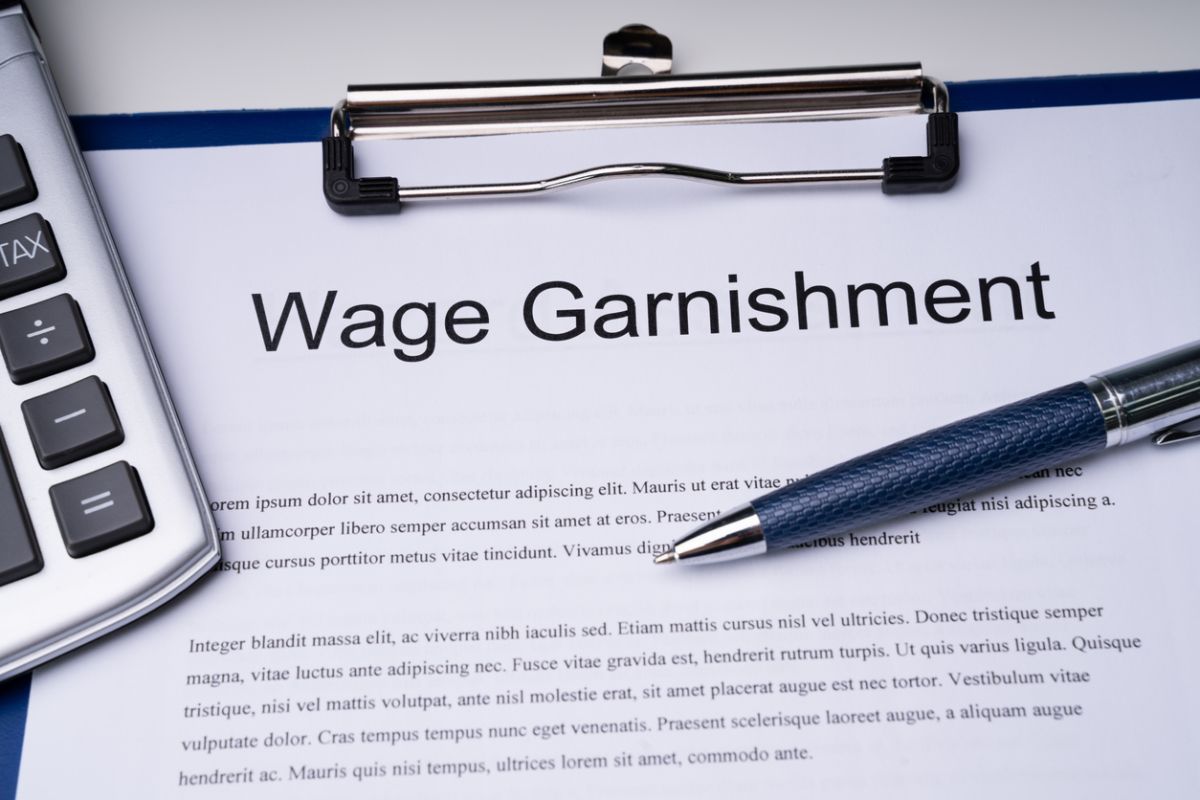There are many avenues for a Judgment Creditor to us to get paid when they have a judgment. One of the most common is a wage garnishment. So how does this happen? Well, first the Judgment Creditor files a lawsuit and secures a judgment against you personally. This makes you a Judgment Debtor. Once the Judgment Creditor has a judgment, they will request a “Writ of Execution” from the Court. The Court will return an “Earnings Withholding Order” authorizing the judgment debtors’ employer to withhold money. The Sheriff, otherwise known as the levying officer, is responsible for collecting the money and sending it to the Judgment Creditor.
Garnishments have priorities in Tennessee. They go in this order: 1. Wage and Earnings Assignment Order for Support; 2. Earnings Withholding for Support; 3. Earnings Withholding for Taxes; 4. Earnings Withholding for Elder or Dependent Adult Financial Abuse; and finally Earning Withholding Order for regular unsecured debts.
A Judgment Creditor can only take so much of your wages. Tennessee Code Annotated §26-2-106 states, “The maximum part of the aggregate disposable earnings of an individual for any workweek which is subjected to garnishment may not exceed: (1) Twenty-five percent (25%) of the disposable earnings for that week; or (2) The amount by which the disposable earnings for that week exceed thirty (30) times the federal minimum hourly wage at the time the earnings for any pay period become due and payable, whichever is less.” In normal person speak they can only take the lesser of 25% of your disposable income or the amount above the Federal Minimum Wage times 30. So as of the date of this article the Federal Minimum Wage is $7.25 an hour. So, they can take the lesser of 25% of your disposable income or the amount above $217.50 in a week.
There is a way to stop the garnishment and get a lower amount through a Motion for Installment Payments, but you only get one shot at that so if you do it do not mess it up. If more than what is legally allowed is being taken, then a Motion to Quash would need to be filed. Of course, bankruptcy will stop the garnishment but if you don’t want to do that or do not qualify then settlement of the judgment will do the trick as well.
If you have a judgment entered against you it is vital that you get it resolved quickly and get a satisfaction of judgment filed. Judgments last ten years and they can easily be renewed and all the while they grow with interest and costs. The best advice is to get advice from a lawyer and have a lawyer assist you in resolving what can be a financial disaster. Give us a call and we can help.





